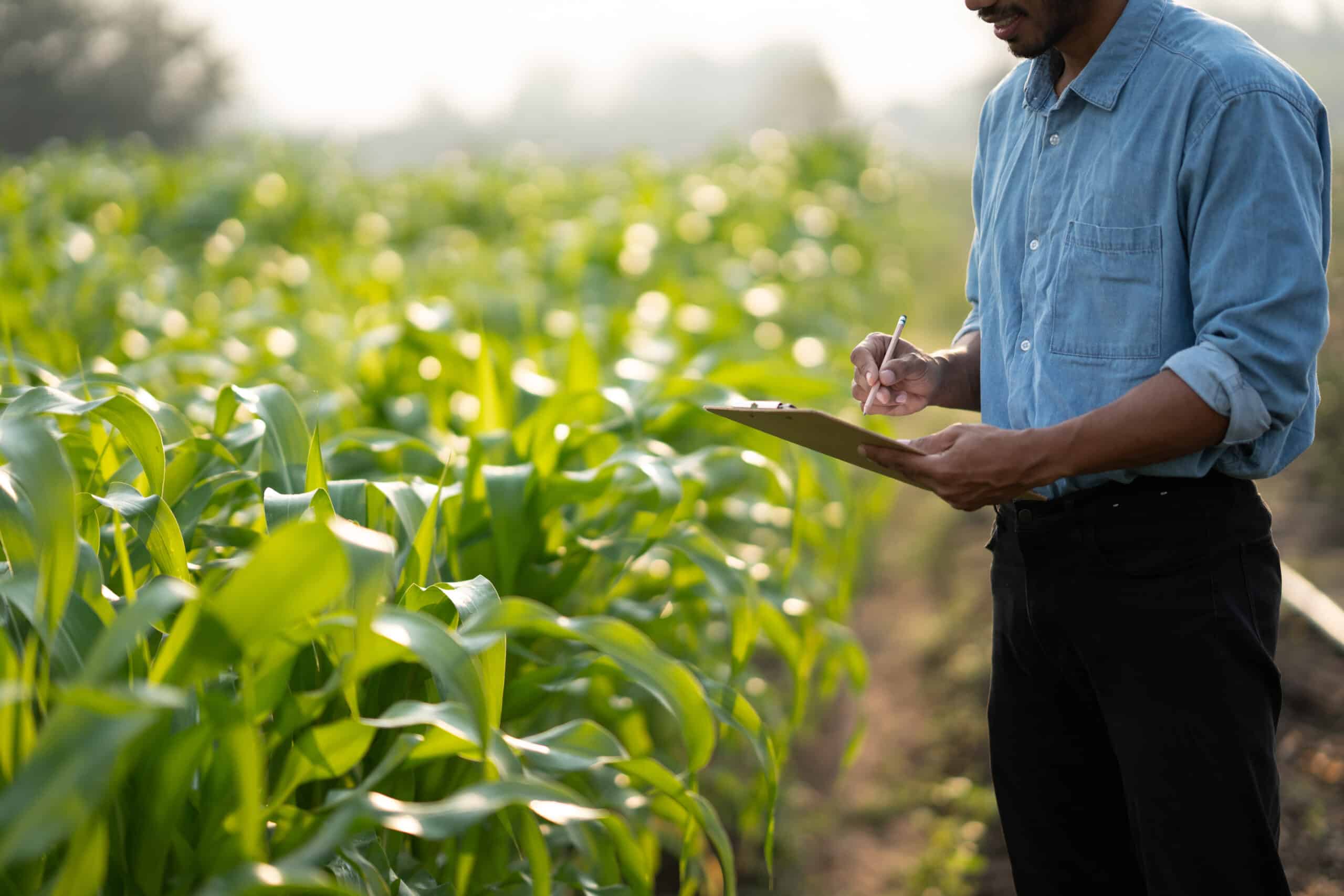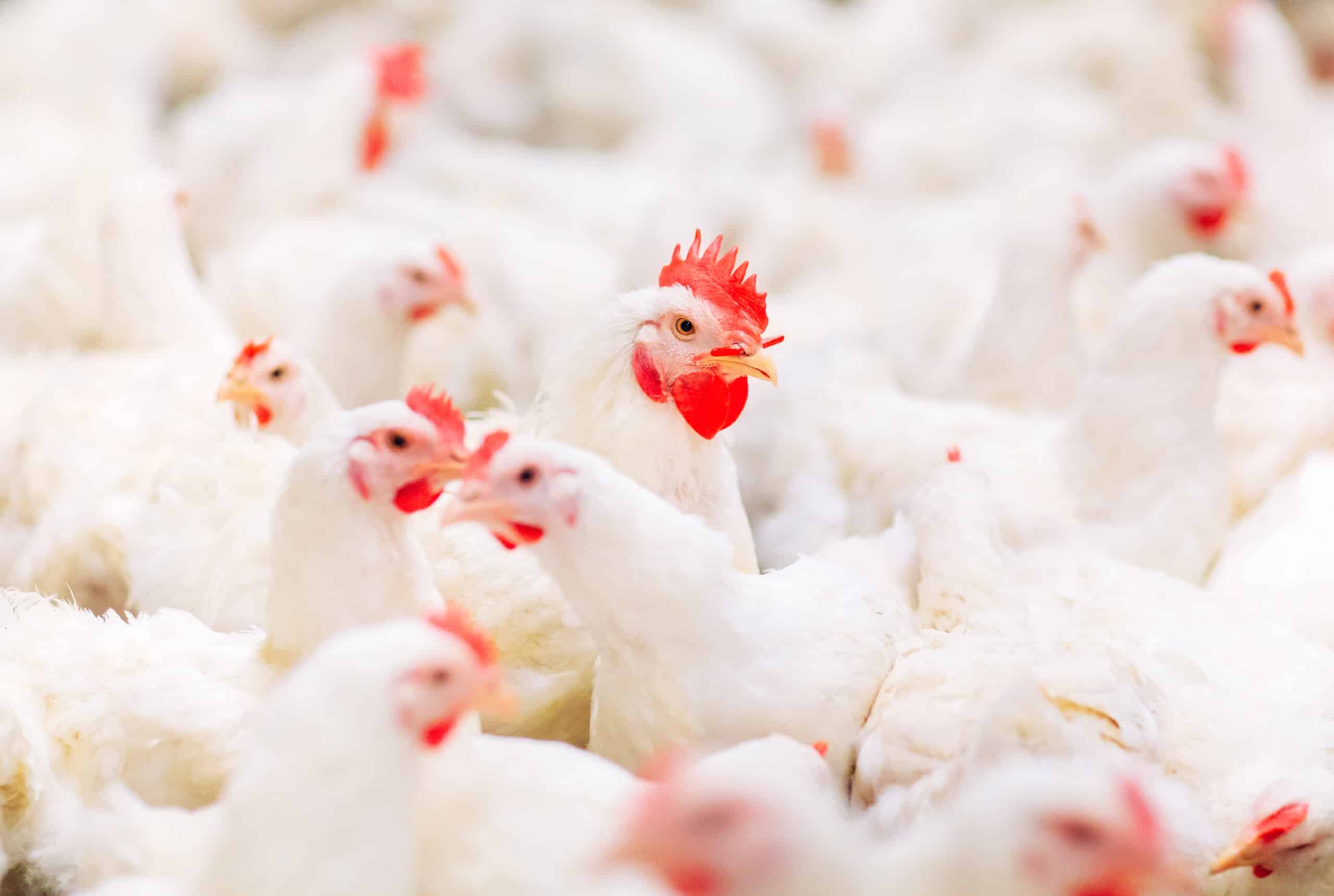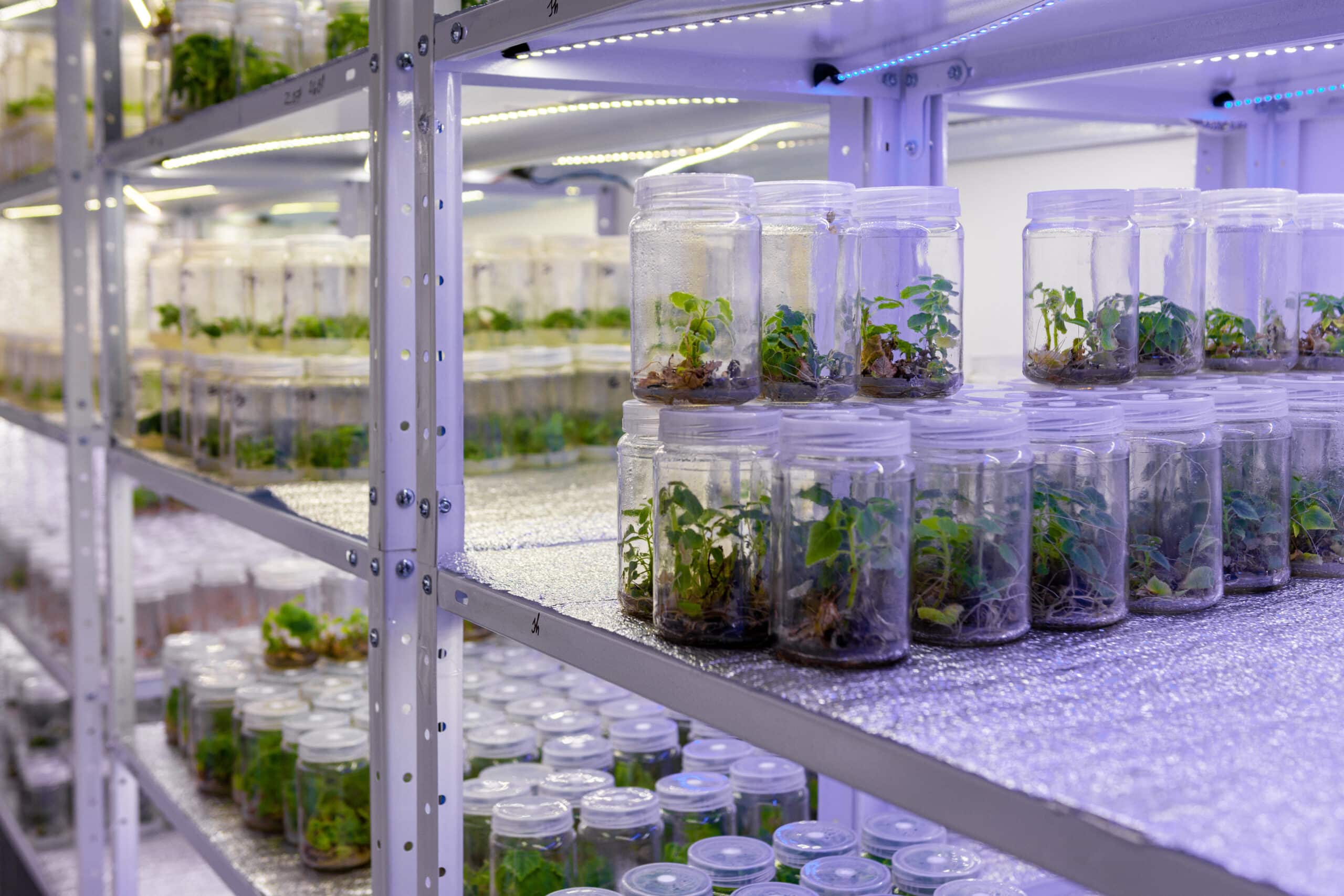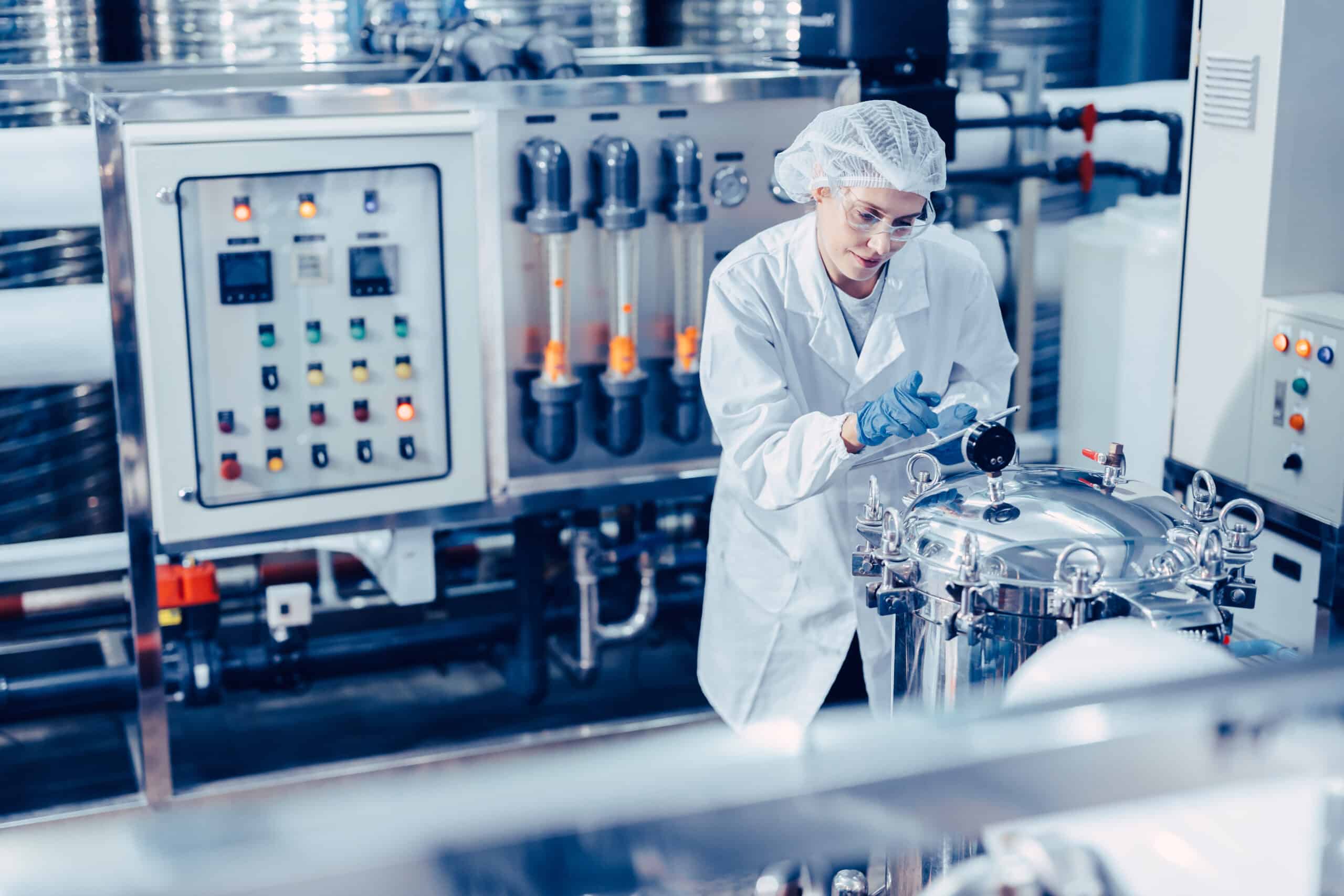What are the UN sustainable development goals?
On 25 September 2015, the 193 Member States of the United Nations adopted 17 Sustainable Development Goals (SDGs) related to the 2030 Agenda for Sustainable Development. These global objectives are expected to guide the actions of the international community from 2016-2030.
Food and agriculture are important to the achievement of the 2030 Agenda for Sustainable Development featuring in multiple ways ranging from goals to ending poverty and hunger (SDG1 & SDG2), addressing climate change (SDG11), and sustaining natural resources. These are hugely important because failure to rapidly progress in reducing and eliminating hunger and malnutrition by 2030 will adversely impact the prospects of attaining other SDGs.
So, what progress if any has been made since then and how much work is still to do on achieving SDG targets within food and agriculture?
Sustainable development goals and indicators
Reliable data is needed to assess progress towards any set of goals or objectives. The SDG targets include 231 indicators for 169 targets. However, monitoring progress towards these goals represents an enormous task for countries’ statisticians and many gaps exist. According to the FAO, more data is becoming available, but significant shortfalls remain.
How progressed is the SDG plan now in 2023?
According to a 2022 report by the FAO the world was off track from meeting the SDGs even before 2020. A recent study looking at progress on SDGs found that 5 years after the start of the 2030 Agenda EU countries are far from developing sustainable agriculture. The covid-19 pandemic and the Russia-Ukraine war have compounded that trend, taking a devastating toll on people’s lives and livelihoods and on global efforts to realize the SDGs.
Contrary to early expectations, the COVID-19 pandemic kept its grip on the world economy well into 2021, further exacerbating an already alarming situation in terms of hunger and food insecurity, while continuing to make data collection and statistical assessments more difficult.
SDG2 aims to end hunger and ensure access to safe, nutritious, and sufficient food all year round. However, global food insecurity rose sharply in 2020 and remained high in 2021. Severe food insecurity continued to increase and reached 11.7% in 2021. The impact of the pandemic was compounded by the worst weather extremes in decades in certain areas in 2021, exposing agricultural households to crop and livestock losses.
While food prices were stable from 2016 until 2019, the share of countries affected by high food prices rose sharply from 16% in 2019 to 47% in 2020. International prices of food items soared in the second half of 2020; they are expected to continue rising because of the war in Ukraine, which has hurt food-importing countries. The world is also still far from maintaining the genetic diversity of farmed and domesticated animals, either in the field or in gene banks.
Other targets relate to equality. Rural women’s incomes are systematically and significantly lower than those of men in half of the countries where data is available. Data from 52 countries from 2019 to 2021 reveal that only 29% of reporting countries include effective provisions in law to protect women’s rights to land.
Target 2.3 is to double the productivity and incomes of small-scale food producers. However, the productivity of small-scale food producers continues to lag when compared with larger producers, with more pronounced differences in higher-income countries. There is also a lack of uniformity in progress across countries. For example, the gap between the productivity of small-scale and large-scale food producers has gradually increased in Canada and Tanzania, whereas it has decreased in Malawi and Uganda.
SDG6 aims to ensure the availability and sustainable management of water. The global water stress level remained at a safe level of 18.6% in 2019, though this figure hides large regional variations. There has been some progress in water use in Asia and parts of Africa, however, the situation is deteriorating in South America. Southern Asia and Central Asia saw elevated levels of water stress at over 75%, whereas North Africa registered a critical water stress level of over 100%. Since 2015, water stress levels have increased significantly in Western Asia and North Africa.
Target 12.3 is to halve per capita global food waste at the retail and consumer levels and reduce food losses along production and supply chains, including post-harvest losses. The proportion of food lost after harvesting on farms and at transport, storage, wholesale, and processing levels is estimated at 13.3% globally, compared to 13% in 2016. The FAO report that there is little progress or deterioration across much of the World, including Africa and North America.
Improving progress with the UN’s sustainable development goals
Progress on SDGs targets is behind, and more effort is needed by industry and government to meet the SDG targets. The good news is that more data is being collected, and this can only help countries in meeting their goals. To achieve SDG goals there needs to be a greater investment in agriculture by governments and the private sector. This is needed especially in technology which can help to tackle issues related to food security, reducing food waste and resilience to climate change.
Talk to our sustainable development experts
Our experts at Farrelly Mitchell can help you to make informed decisions about future investments and key policies, taking into account global projections and trends.
Working across the food system in many locations around the world, we have an in-depth understanding of the constantly evolving facets of the food and agricultural industry as well as insights and information on the latest practices and innovations.
The UN’s Sustainable Development Goals offer clear guidance to food and agribusinesses on the most pressing industry issues, how to address them, and what targets to achieve. In regards to agriculture, the SDG’s outline the importance of gender equality in agriculture, nature and biodiversity conservation, addressing climate change, reducing food loss and waste, and improving nutrition and food security.
At Farrelly Mitchell, our agricultural sustainability experts are informed and driven by the UN’s SDG’s. We provide tailored advice and support to both public and private industry leaders in achieving these targets in a way that remains both environmentally and commercially viable. To discover more, get in touch with our team today.














